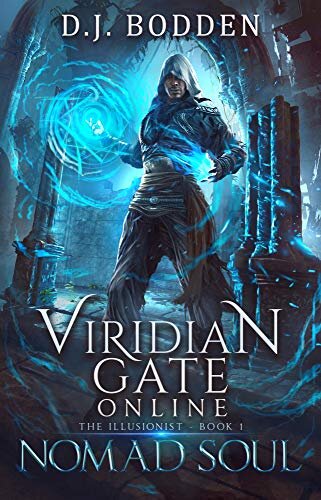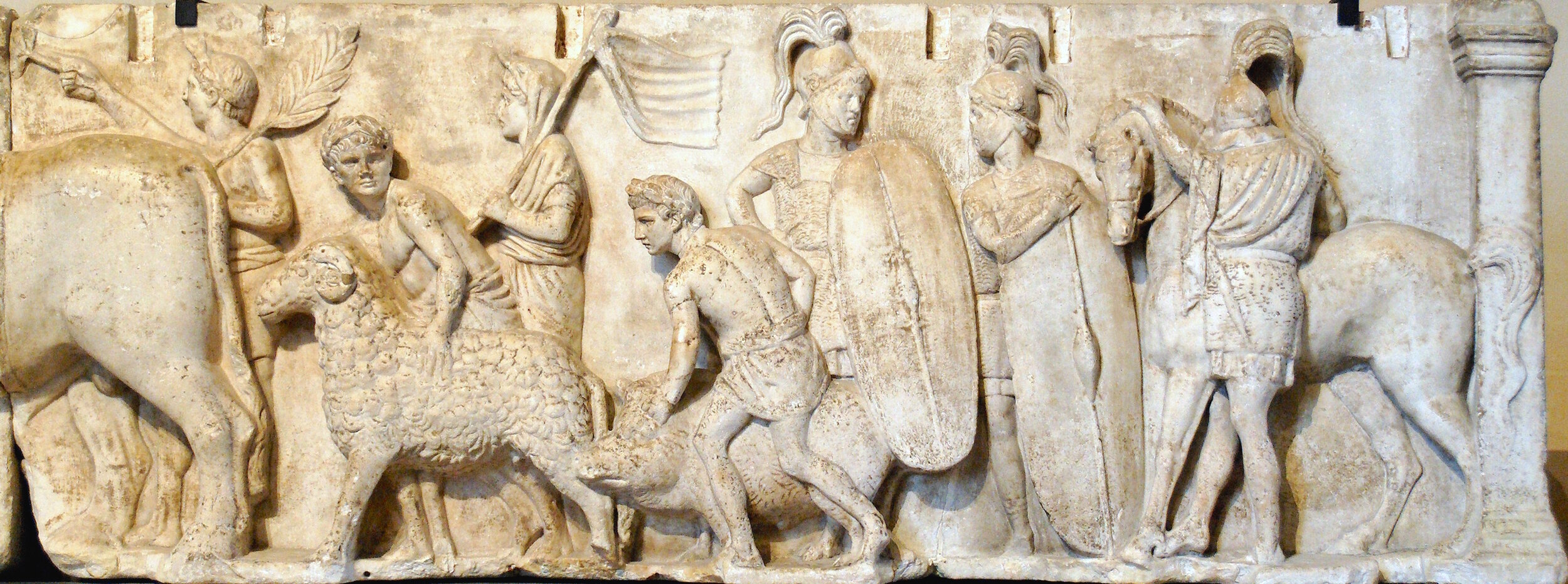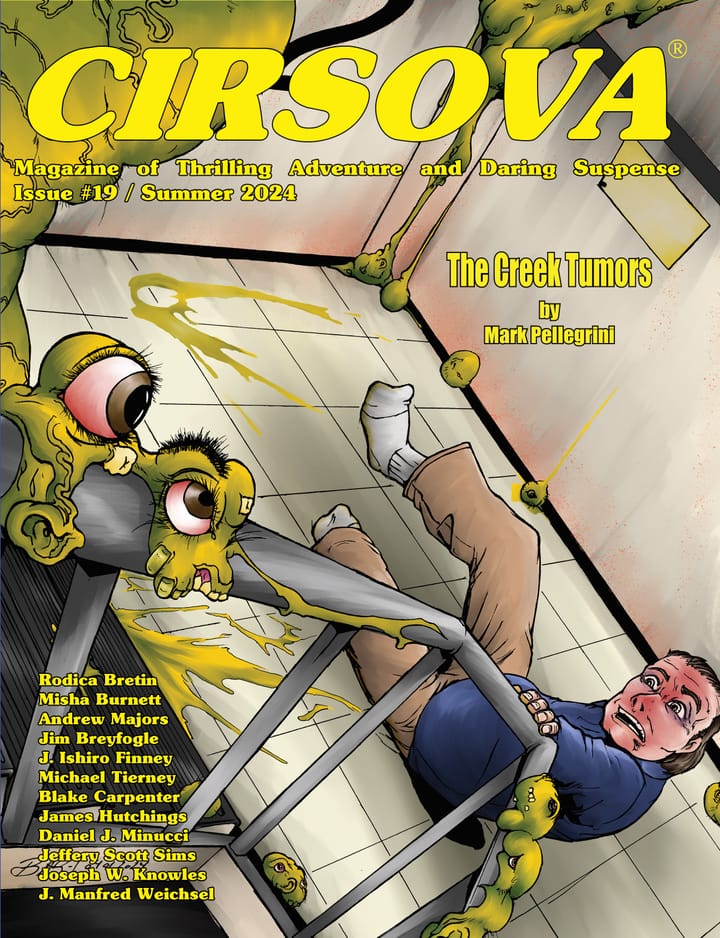Viridian Gate Online: Nomad Soul by D. J. Bodden and James Hunter Book Review
What happens when the AIs you create to run the world’s first VR MMORPG are method actors who take their roles entirely too seriously? Alan Campbell, and perhaps the rest of the world, is about to find out.

VIRIDIAN GATE ONLINE: NOMAD SOUL: THE ILLUSIONIST BOOK 1 BY D. J. BODDEN AND JAMES HUNTER SHADOW ALLEY PRESS, FEBRUARY 12, 2019 ASIN B07N1RGWTC
LitRPG is a hot genre at present. Ernest Cline’s Ready Player One is probably the most successful book largely about videogames, and lots and lots of other authors are chasing that success. I find my enjoyment of such books tends to vary inversely with how much time the author spends trying to recapitulate the mechanics of logging into a computer and interacting with the user interface of a massively multiplayer online roleplaying game. Fortunately, D. J. Bodden’s Nomad Soul is not that style of book.
To start, Alan Campbell is not your typical LitRPG protagonist. Sure, he likes videogames, but he is an HR generalist. I find that a bold choice, which has interesting downstream consequences. This is the second of Bodden’s books that I have reviewed, and I find that Bodden has a talent for characterization that I enjoy. Alan is not an engineer, or any other kind of technical specialty. His primary skill in life is smooth-talking, and this bleeds over into Viridian Gate when he bullies the lead hardware engineer into letting him login into the game after an all-hands meeting by the CEO and founder declares the project is dead.
Perhaps it is easier to avoid such a focus on game mechanics when Alan doesn’t have any natural inclination to solve problems by killing them. Fortunately the whole world within Viridian Gate is setup to allow for this. The world design has a pseudo-Classical flair, and a group of AIs modeled on pagan deities of the Mediterranean world run the game dynamically, allowing the game to adjust on the fly to what players do. Which means that Alan very much can succeed at talking his way out of problems. Most of the time.
In a refreshing change from many LitRPG style books, Alan doesn’t quickly become an unstoppable monster in the game, leveling up beyond all reason. Rather, when he does get in a fight, he tends to be beaten badly. He needs the help of others to survive, and to actually play out his role to do so. The capabilities of the AIs that run the game world make this possible, but their very capability has a hint of menace behind it. The AIs are not Three Laws safe. In fact, I get the impression that no one ever thought to ask that question, which fits in with the portrayal of startup culture within the book. In much the same way that Elon Musk has never heard of a process engineer or what they might do for Tesla, Robert Osmark doesn’t seem particularly interested in what might happen if the AIs you programmed to be gods start acting as if they were, as long as the game ships on time.
Nonetheless, I kind of want to play this game. Like Soda Pop Soldier, this game sounds like an amazing experience. It has that whiff of adventure that our world often lacks. Alan clearly feels the same way. The Victorian period strikes me like that. Not safe, at all, but possibly more fun. It helps that the part of the game Alan interacts with is ”More Roman than fantasy MMO” in the words of Robert’s assistant. In game, it is called Imperial, but the time period New Viridia is modeled on seems more like the Middle Republic period. Their social mores are harsh, but also just. The army is mostly composed of citizen levies among families of property, much like the Polybian army. However, unlike the real Rome, New Viridia appears to lack the structural causes that pushed Rome into endless war. In fact, their military has gone a bit to seed, although the have maintained a cadre for future expansion.

Detail from the Ahenobarbus relief showing (centre-right) two Roman foot-soldiers ca. 122 BC
By Unknown - Jastrow (2007), Public Domain, https://commons.wikimedia.org/w/index.php?curid=1878944
Out in the real world, Robert Osmark’s company has some shady connections. This actually feels about right too, insofar as anything the CIA tends to be involved in domestically is a bit of a cluster. See, for example the Church Committee. The CIA has operators, but they tend to be a little too whack or not quite good enough to be in special forces. Silicon valley in general owes its existence to defense contracts, so this is par for the course. And I haven’t even gotten to the ending, which was enough to keep me up at night after I read it. Bodden somehow managed to do something both entirely expected and unexpected at the same time. I hesitate to reveal more, since in de novo reviews I at least try not to give too much away. However, I can say I really liked this book, and I look forward to seeing what trouble Alan gets into next.
I received a copy of this book from the author’s publicist.
My other book reviews | Reading Log
Other works by D. J. Bodden
Black Year series



Comments ()